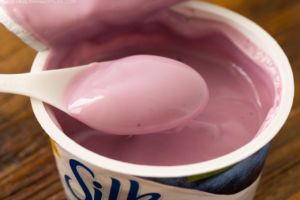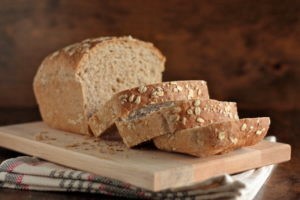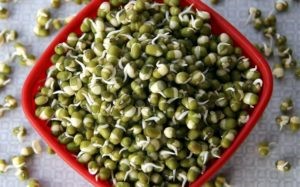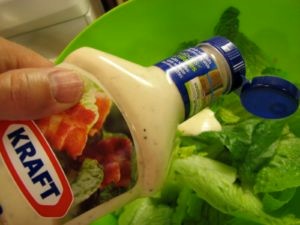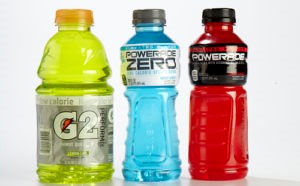Are “health” foods really healthy for you?
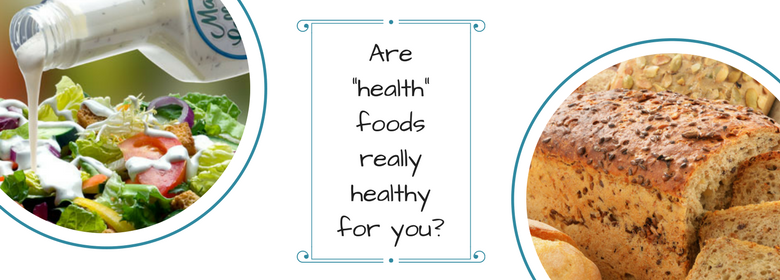
Most foods we consume under the guise of healthy alternatives make us feel like we are taking in the right nutrients. In reality though, most foods we pick up during a grocery shopping expedition, have a pseudo-halo over them making us believe that they are good for our system.
Let’s take for example, protein bars.
The ingredients with a ‘health halo’ are ‘oats’, ‘flax seed’ and ‘fruit’ . But think for a moment. What about all the gluten and sugar it has? This is how our general impressions of foods usually mislead us.
Here, we would like to bust some popular food myths that you may actually think are ‘healthy’ for you.
1. Fat-free Yogurt/Milk
Let’s get this straight. It’s not the fat that makes you fat. It’s the sugar. Most packed yogurt or flavored milk; even soy milk, have so much sugar, you may as well be enjoying the original version.
2. Wheat/Brown/Multi-grain Bread
No matter what ingredients you add, bread is bread. It needs gluten and yeast to rise. It needs oil to knead the flour and a rising calorie meter is an obvious consequence. So cut down on the number of slices and make sure you are aware of the calories you have consumed.
3. Green Sprouts
Most of us vegetarians get our protein fix from sprouts, especially if we don’t consume eggs. But did you know that sprouts have a lot more calorie content than other forms of protein? It is best to measure your intake and restrict it to small portions during the week.
4. Ready-made salad dressing
Salads too have to be prepared with care to avoid high calorie vegetables in the mix. Additionally, the salad dressing we get in supermarkets usually do more harm than good if you are on a mission to lose a few pounds. With more preservatives and artificial substitutes, they are an unnecessary condiment to an otherwise healthy meal.
5. Sports Drinks
These drinks are made keeping in mind an athlete who sheds at least 1000 calories in an hour’s workout. These drinks contain electrolytes (salts) and sugar, which can be useful for athletes in many cases. However most of us don’t need additional salts, and we certainly don’t need liquid sugar. True, hydration is important. But it may be healthier to stick to plain water.
References:

